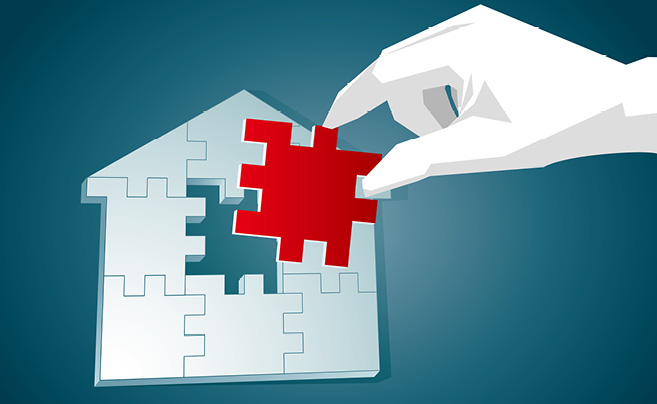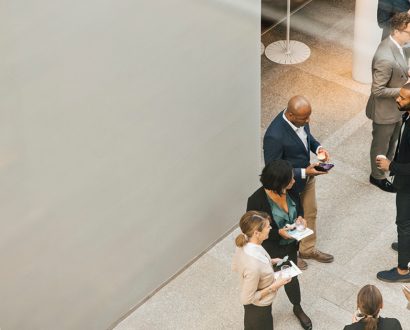2016 has started with a strong focus on leaders driving partnerships between innovative businesses and community organisations. It seems that we are reaching a tipping point, and that people are no longer seeing business and community as running in separate, parallel worlds. Business and community are now recognising and skilfully designing opportunities for sharing wealth creation and creating significant social impact. Perhaps, just as the divide between work and homes is now blurred, people are connecting with their communities in a different way than before and are seeing opportunities to make a difference through their business.
At a recent Per Capita think tank, Lucy Turnbull O.A. spoke about the social challenges faced by members of our suburbs, which are increasing as the inner city becomes more unaffordable. She pointed to the need to build community in suburbs where there was no town centre and less opportunity to build social cohesion through every day interactions. Per Capita also invited Melody Barnes, who served as Director of the White House Domestic Policy Council and Assistant to US President Obama from 2009 to 2012, to speak about the challenge of building social cohesion and how inequity, complexity and fear are contributing to the take up of the simple ‘reality TV’ messages delivered by people like Donald Trump.
In the same week that smartly dressed leaders met in Sydney’s Angel Place to listened to Melody Barnes, the Western Sydney Collective met at Parramatta to discuss the question: How can innovative partnerships and social investment help your community organisation? The very existence of this event is an example of different organisations–Parramatta Council, Parramatta Chamber of Commerce and Western Sydney Community Forum–working together to build strength between business and community.
At the event Phil Preston, CEO the Collaborative Advantage, spoke about building shared value through identifying a business benefit in addressing social need. He described the elegant relationship between tenancy support and lease management that saved local real estates the loss of rents and the challenge of legal proceeding. Access to secure and affordable housing is a right that is central to community and business wellbeing. It impacts on all aspects of our infrastructure, equity, wealth creation and social cohesion.
Mike Allen, the former longstanding Chief Executive of Housing NSW and now an industry advisor, continues to passionately lead and encourage new business models to enable housing reform. Mike has encouraged organisations like the Housing Alliance, which has developed a new form of partnering that doesn’t impact on the sovereignty of its individual member bodies. Unlike traditional business models, the Alliance can leverage scale and efficiencies through a level of formal co-operation that still allows each organisation to grow and to remain an independent entity.
Community housing providers have developed many unique ways of connecting with business to create better options for the community. Andrea Galloway, CEO of Evolve Housing, has built an innovative community businesses to solve the ‘wicked’ problem of access to safe and secure housing. By partnering with leading property and investment company, PAYCE, Andrea has grown Evolve’s capacity to provide social and affordable housing in Greater Western Sydney and beyond. The partnerships that have been made with developers and community service providers in this instance, present a replicable model for building community capacity.
There has been considerable growth in social impact investing which has enabled innovative partnerships that have an impact on social problems. Ben Gales, CEO Social Enterprise Finance Australia (SEFA) and member of the Prime Minister’s Community Business Partnership, drives innovative ways to gain investment and tackle social problems. SEFA is a social finance intermediary that supports not-for-profits and social enterprise through loan finance. SEFA has supported social and affordable housing projects, crisis accommodation providers, and not-for-profits looking to start-up social enterprises and create new revenue streams.
There are many voices, events and membership groups offering opportunities for innovative businesses and community organisations to work together to solve our “wicked” problems. 3 Bridges holds various workshops that focus on enriching and connecting communities.







